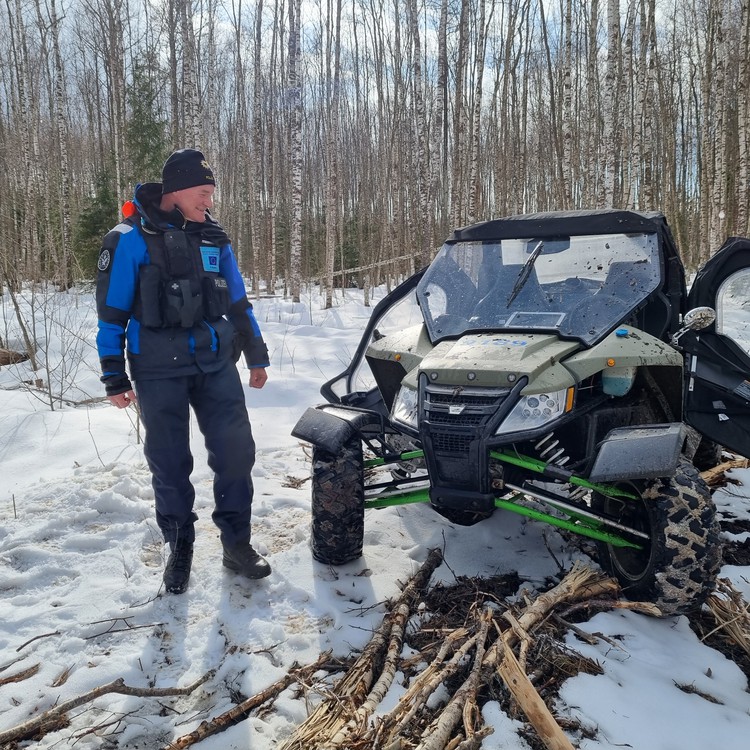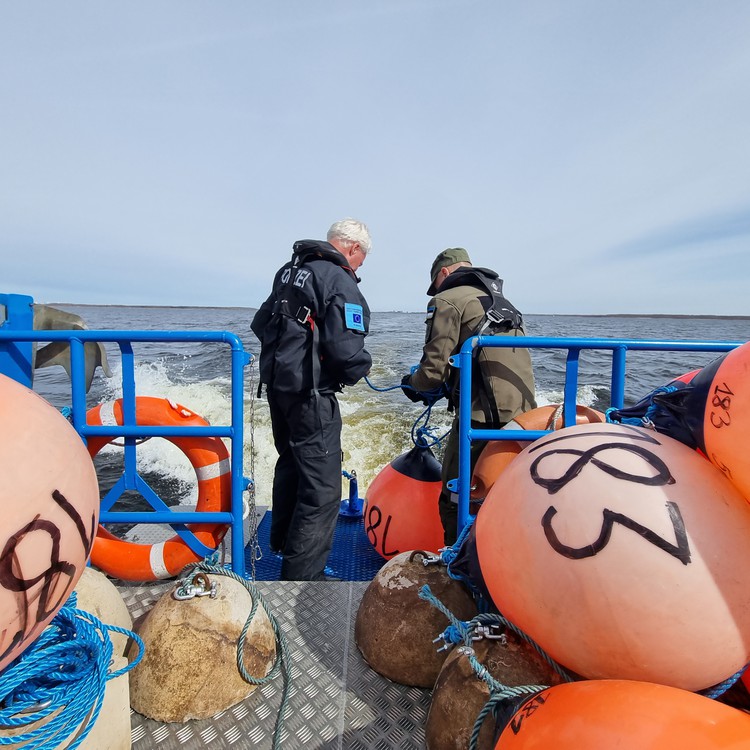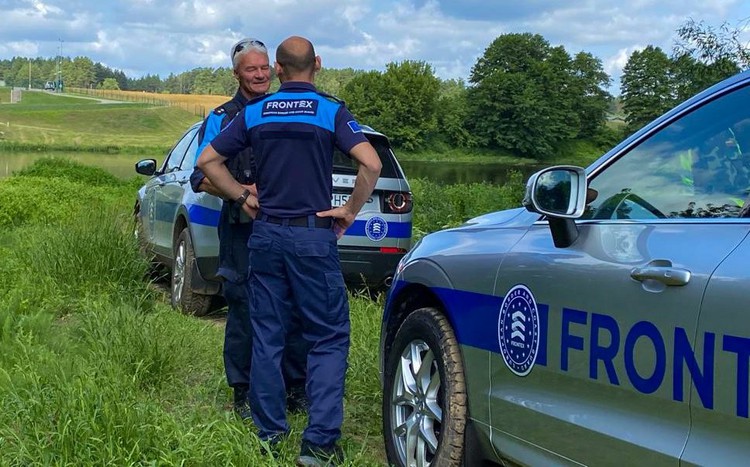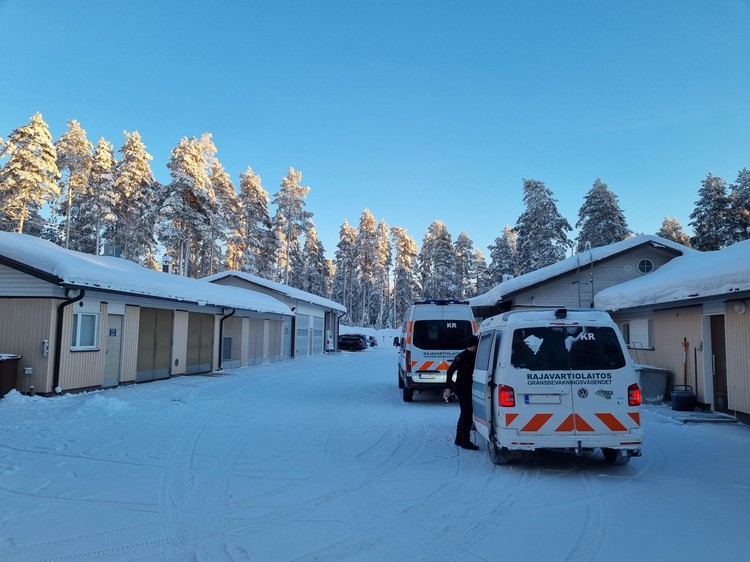News
The pride of a border guard
2024-02-08

A policeman becomes border guard
“Coming from one country, you learn a certain routine, do things in a certain way. Monitoring and patrolling combine intelligence with risk management. This job is so important, you must always have in mind your security and that of your partner. When you go on deployment, you exchange these practices, you learn, but you also advise others.”
Respectful communication is a key concept here. When an EU border guard joins a local team of professional colleagues, who know their border areas inside out, everything depends on the choice of words and gestures. Michael is lucky to speak a few foreign languages, which always facilitates understanding, but there are times when silence can take you even further, “Border guards go on patrols. They don’t just sit in the car and scrutinise the horizon. They go in a vehicle, they go on ski, on foot. All fresh recruits must remember one thing - keep your eyes open. Learn from every colleague you meet in your career. Observe”.

Why border guards matter so much
“Being an excellent border guard, and I do not consider myself to be even a good one, requires a lot of strength. A lot of vigilance. Imagine that you are driving through a vast border area. No trees, no points of reference. You have to keep an eye on everything. Then, there is the necessity to always look out for new risks, new signs. You have to keep an eye on what’s changed since yesterday or the day before. I remember one time in Estonia. Our patrol found some innocently looking clothes, which were certainly not there on our shift two days earlier. They may have belonged to the migrants. We did not find anyone then, but this is just to say that small circumstances, tiny little changes in our surrounding are every border guard’s daily routine. It may sound simple, but it’s not because you must be able to connect the things that you see and follow your instincts.”

One final patrol before I Finnish
Laughingly he says, “I thought that I knew how to go by ski, but when I saw the Finnish guards patrolling the border on cross-country skis, I realised that I have to practice some more!”. In fact, it takes time and patient practice to develop the skills that match the demanding conditions of each border area or the stamina to work in a minus 20-degree environment.
Michael hesitates and adds seriously, “I am a police officer and a border guard, but above all I’m a human being and nothing else. As border guards, we observe and apply law but as humans, we are here to protect humans. From today’s perspective, I have made all the choices that let me sleep well. But because of all these hard choices, I think today that border surveillance is the hardest job to do.”

It ain’t over ‘til it’s over
Michael accepts all compliments with professional humility: “Looking at my career and my deployments, I think that I can say that I was quite selfish. I took every chance to learn and grow. And I will keep taking advantage of every opportunity that my life still has to offer. I will study life until the end. When I retire, I will spend more time with my family. I will play golf in the summertime and go skiing in the wintertime. And maybe, maybe when this is not enough… I will apply to become Frontex’s Fundamental Rights Monitor.”